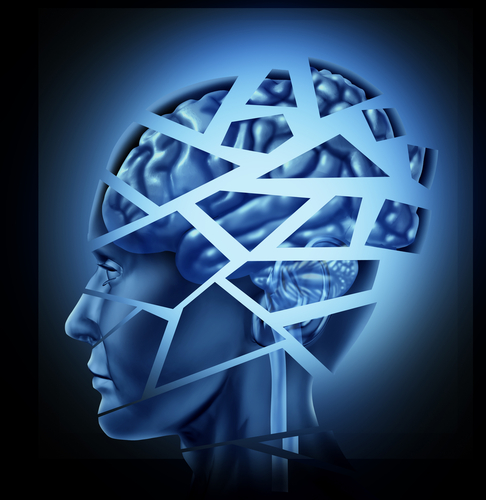Hypoparathyroidism and Seizures

Up to 70% of patients with hypoparathyroidism experience seizures. Seizures can be life-altering for these patients but in many cases, they can be successfully controlled.
What is hypoparathyroidism?
Hypoparathyroidism is a rare disorder in which the body is not able to produce enough parathyroid hormone (PTH). The parathyroid glands in the neck normally produce PTH, which is necessary to control the levels of calcium and phosphate ions. Decreased levels of PTH lead to low levels of calcium and high levels of phosphate in the blood.
Hypoparathyroidism can have several different causes, including autoimmune diseases where the body’s own immune system mistakenly attacks the parathyroid glands, rare genetic disorders, or accidental damage or removal of the parathyroid glands during neck surgery. Some cases of hypoparathyroidism do not have a known cause; these are referred to as idiopathic hypoparathyroidism.
What are seizures?
Seizures are periods of abnormal electrical activity in the brain. They can come in many forms depending on which areas of the brain they affect.
Widespread seizures that affect large portions of the brain at once are called generalized seizures. These types of seizures can cause muscles to stiffen (tonic) or go limp, causing patients to drop to the floor (atonic). They can also cause rhythmic motions of the body (clonic), jerking or twitching (myoclonic), periods of staring into space (absence), or violent convulsions with loss of consciousness (tonic-clonic).
Seizures localized to only small parts of the brain are called focal, which can cause a loss of consciousness or awareness, often accompanied by repeated movements such as chewing or hand rubbing. Focal seizures can also lead to altered consciousness and affect a person’s emotions or senses.
How can hypoparathyroidism cause seizures?
Hypoparathyroidism results in a reduction in calcium ions in the blood. Calcium is important for muscle contractions and for the release of chemical messengers from nerve cells. It may, thus, seem contradictory that people with hypocalcemia experience seizures, which involve large amounts of activity in both muscles and nerves.
One idea that researchers propose is that the levels of calcium inside the cells are still close to normal in hypoparathyroidism, but the levels outside cells are lower. This could lead to a number of changes in the channels on the surface of nerve cells, which could affect the in- and outflow of ions. The end result could be nerve cells sending more signals than normal.
Another possible cause could be a buildup of calcium in the brain (calcification) particularly in patients with idiopathic hypoparathyroidism. The calcification may occur over long periods of undiagnosed hypocalcemia. The damage that calcification causes to the brain could lead to seizure activity.
Treatment options
Doctors usually prescribe anti-epileptic medications to patients with seizures. To treat hypoparathyroidism and the resulting hypocalcemia, doctors usually prescribe calcium supplements combined with active vitamin D to aid in its absorption. The combination of these two treatments helps return blood calcium levels to normal.
Several case studies, including a young man in South Africa, a pair of older patients in India, and a middle-aged man in India, have shown that the combination therapy helped relieve hypocalcemia and stop seizures.
Another study of 70 patients with idiopathic hypoparathyroidism showed that 64.3% had a history of seizures. Of these patients who were currently taking anti-epileptic medications plus a form of activated vitamin D and calcium supplements, 14 met the requirements necessary to come off anti-epileptics. Ten of these 14 patients were able to stay off anti-epileptic medications and continue with just calcium and vitamin D. The study also found that calcium levels in patients generally increased after they stopped taking their anti-epileptic medication, indicating that these may be interfering with calcium regulation in patients.
Last updated: Dec. 4, 2020
***
Hypoparathyroidism News is strictly a news and information website about the disease. It does not provide medical advice, diagnosis, or treatment. This content is not intended to be a substitute for professional medical advice, diagnosis, or treatment. Always seek the advice of your physician or other qualified health provider with any questions you may have regarding a medical condition. Never disregard professional medical advice or delay in seeking it because of something you have read on this website.





